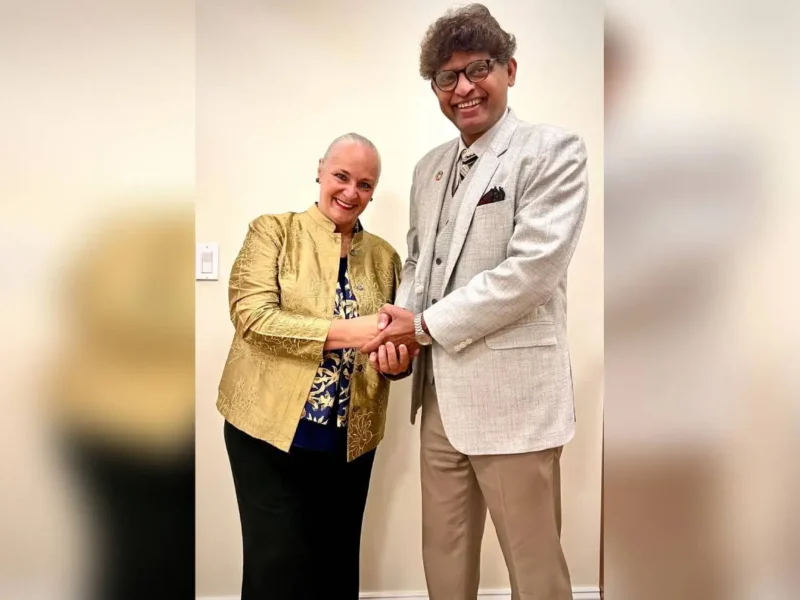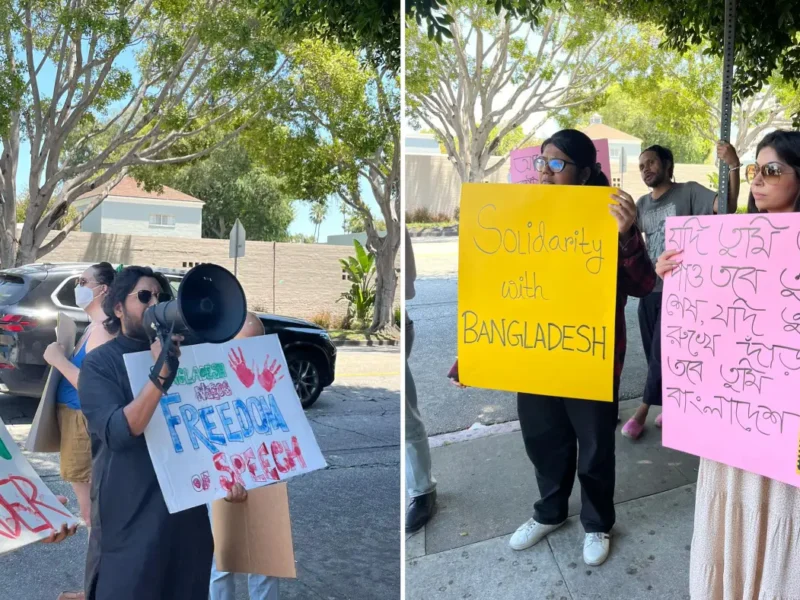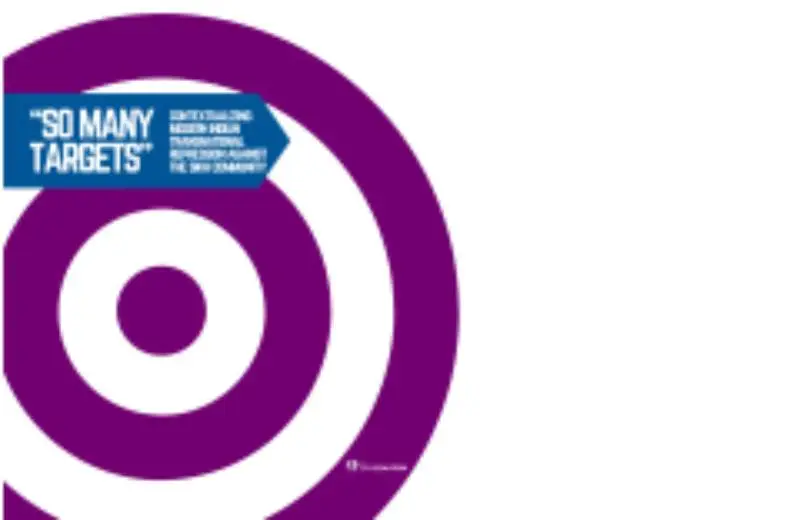
Quad: Importance Of Regional Approaches Highlighted At SoCal Event
Photos: Alisssa Bernstein
India-West Staff Reporter
CERRITOS, CA – A the behest of the World Affairs Council of Orange County and with the support of Southern California-based consultant Gunjan Bagla, a distinguished panel on September 6 discussed the role of India in the Quad grouping.
Featuring incoming the new Indian Consul General at San Francisco Dr. Srikar Reddy, Australia’s CG Jane Duke, Japan’s Kenko Sone, and Deputy Assistant Secretary of State for Pacific and East Asian Affairs, Camille P Dawson, the panelists, moderated by Bagla, broached security, economic and diplomatic issues.
Consul General Kenko Sone kicked off the conversation at the Sheraton Hotel here, explaining that shortly after the Indian Ocean tsunami and in December 2004, the then Japanese Prime Minister Shinzo Abe had announced support for a free and open Indo-Pacific with collaboration among these four free-market democracies, “Summit meetings followed, with much collaboration among the 4 countries. Not just at the vision level but at the ground level.”
Jane Duke of Australia explained that at the recent summit, the pillars emphasized were economic partnership, rule of law, institutions, and transparency and that there had been a shared interest in the health and infrastructure sectors.

Secretary Dawson highlighted how no one country could do this alone and that all four countries would benefit from a regional approach. She said that the U.S. wants to build a “lattice of partnerships’ through established multi-lateral organizations, but also via mini-laterals such as the Quad.
Consul General Reddy said India’s interests in the grouping centered around economic issues such as a growth opportunity for mitigating climate change, cooperation between shipping ports – including Los Angeles and Mumbai – EV batteries, semiconductors, maritime piracy prevention, and marine resources collaboration.
Last August, LA hosted the Indo-Pacific Economic Forum, sometimes called the Quad Plus in which Reddy had participated as part of India’s Ministry of Commerce. Asked why India was the only country that did not support the Trade pillar of the Forum, he said that the forum did not offer any trade concessions or advantages to India.
The event had promised to bring out the relevance of the Quad to the residents of Southern California. With Japan being the largest foreign investor in the region, Sone cited recent examples of collaboration between the ports of Nagoya and Los Angeles, developing the hydrogen supply chain for a green economy, and Japan’s role in the semiconductor supply chain. Dawson pointed to the large diasporas of the quad countries in the region, the presence of foreign students from India and other countries, and the massive trade between the region and quad countries.
Asked about relations between China and Quad, Dawson answered crisply: Secretary of State Tony Blinken had spelled out two policies, one for China (invest, align with partners, compete responsibly) and another for the Indo-Pacific region, and that the latter one was also to promote rules of international trade in the region and cooperation.

Encouraged to say more, the panelist added that with China came many more opportunities, that we could encourage China to do the right thing, that communication is always important, and that rules of international trade often benefit all including China and its people.
Moderator Bagla pointed out a few of the attendees in the room including Marisela Caraballo DiRuggiero of the Port of Los Angeles, Christine Peterson from LA Mayor Karen Bass’ office, and several leaders of the American Jewish Committee. World Affairs Council Chair Bill Edwards and President Richard Downie attended as did the Executive Director of the Asia Society of Southern California, Anjali Sharan.




